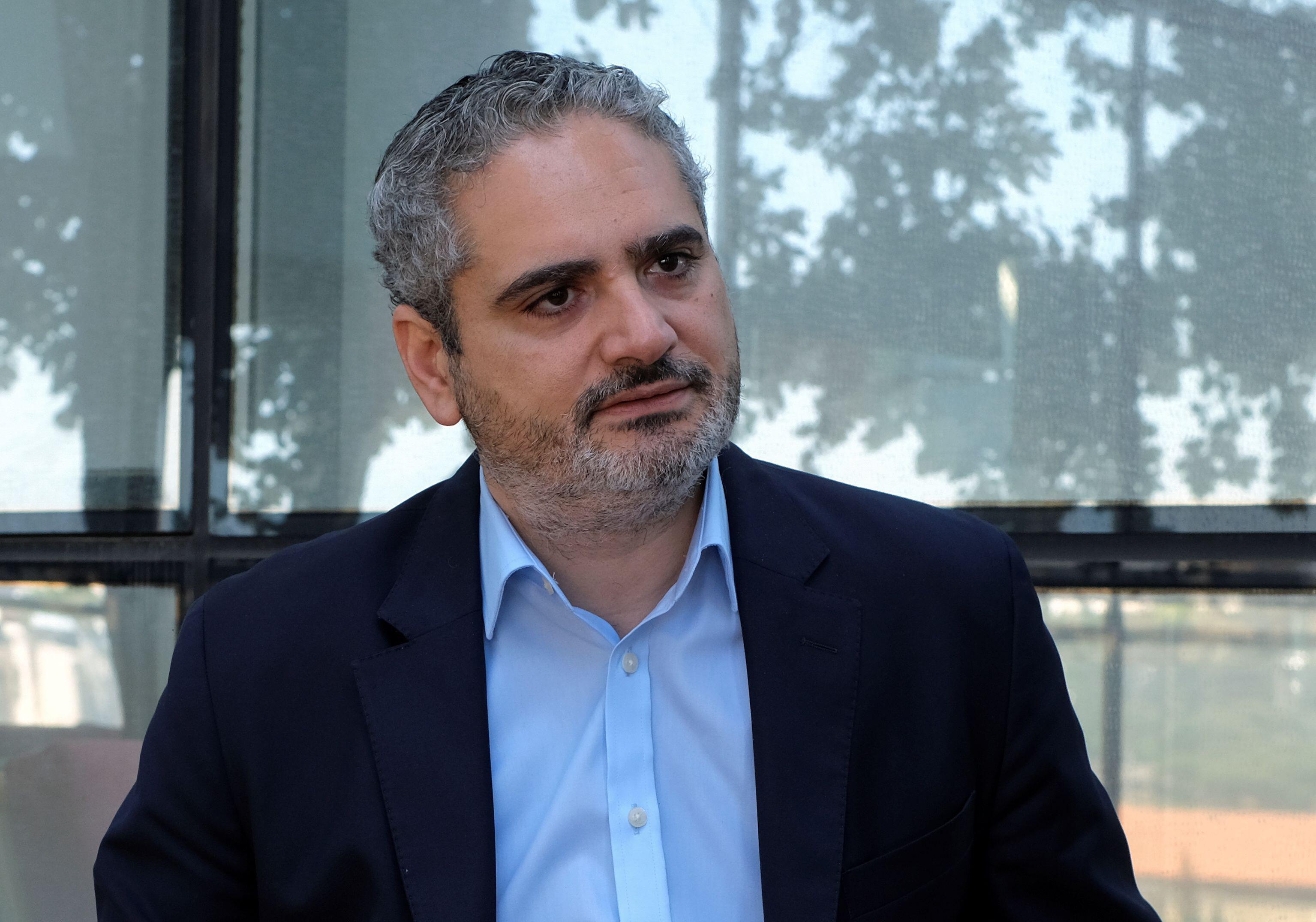Experts
Mohanad Hage Ali

Deputy Director for Research, Malcolm H. Kerr Carnegie Middle East Center
About
Mohanad Hage Ali is the deputy director for research at the Malcolm H. Kerr Carnegie Middle East Center in Beirut where his work focuses on the shifting geopolitics and Islamist groups after the Arab Uprisings.
Hage Ali teaches politics at Emory University in Atlanta, Georgia, and has lectured at the Lebanese American University in Beirut. In his work, Hage Ali focuses on Levant politics, and has published a book titled “Nationalism, Transnationalism and Political Islam: Hizbullah’s Institutional Identity” in 2017, and co-edited “A Restless Revival: Political Islam After the 2011 Uprisings”.
Prior to Carnegie, Hage Ali worked as a reporter at al-Hayat newspaper in London, and as an editor in chief of NOW Arabic in Beirut, where his work focused on political Islam and Iraq.
Areas of Expertise
Education
Msc. Conflict Studies, London School of Economics and Political Science (LSE), PhD. Comparative Politics, London School of Economics and Political Science (LSE)
Languages
Arabic, English